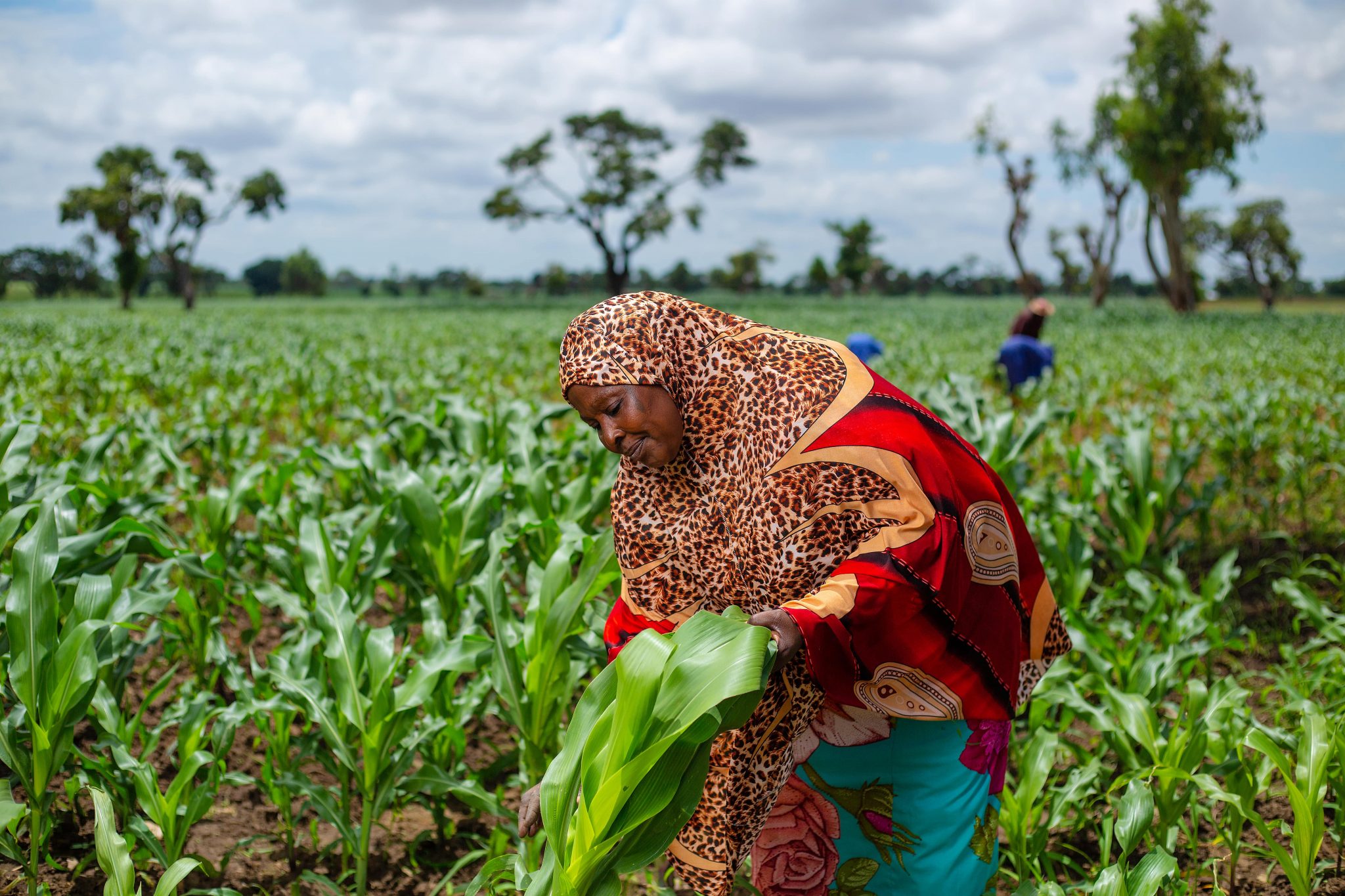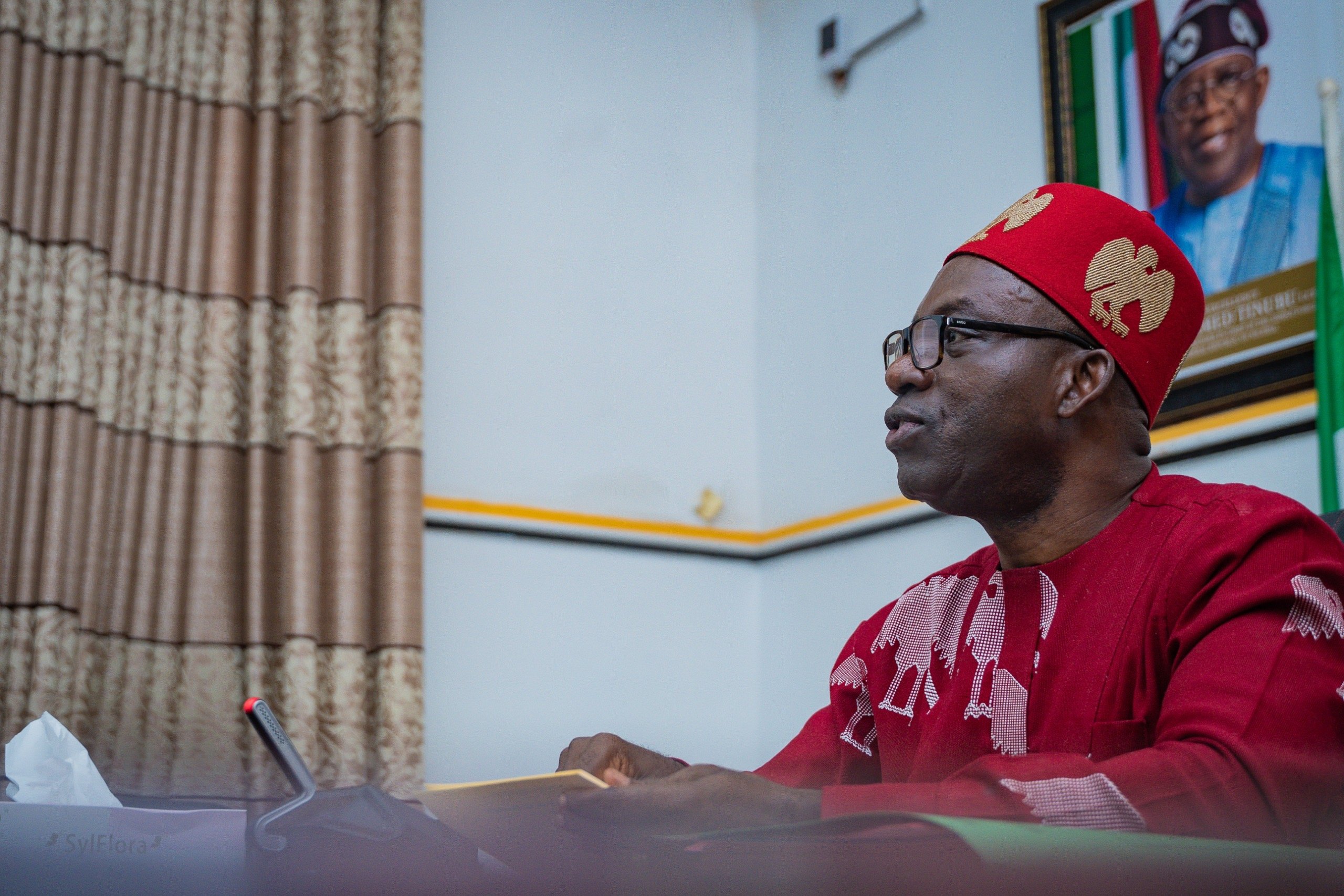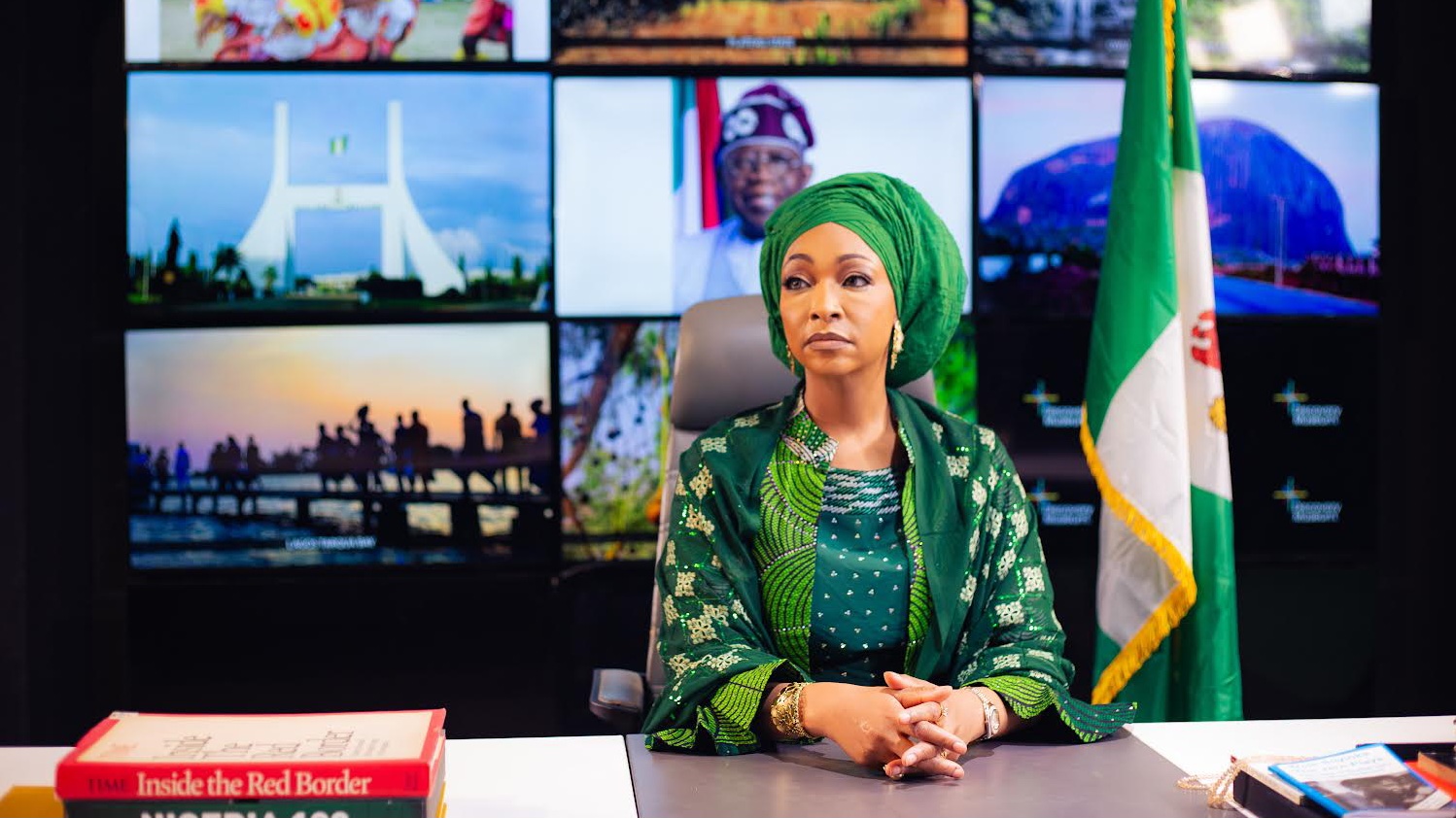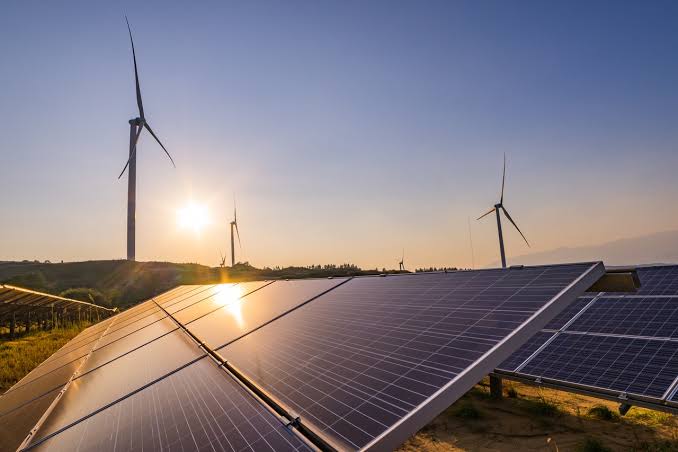BY: UCHE AMAONWU
A Broad Outlook
Nigerians are currently experiencing difficulties as our nation grapples with a cost-of-living crisis characterized by rising inflation, food insecurity, high levels of unemployment, and diverse socio-economic challenges. However, one often overlooked but indispensable group is quickly emerging as a beacon of hope: women in agriculture.
Across the nation, Nigerian women are playing a pivotal role in the agriculture value chain, as strategic drivers for food processing and preservation, in addition to ensuring food security, and uplifting their families and communities. According to the National Bureau of Statistics (NBS), the agricultural sector accounts for 23.78 percent of the country’s Gross Domestic Product (GDP), with women playing a significant role in the sector. In sub-Saharan Africa, an estimated 66 percent of women work in agriculture as small-holder farmers and in Nigeria, over 52 percent of smallholder farmers are women.
Despite facing numerous obstacles, including limited access to resources, insecurity, land tenure rights, discriminatory social norms, Nigerian women have demonstrated commendable resilience and determination in the agricultural sector. From small-scale farmers tending to family plots, to agricultural entrepreneurs leading innovative ventures, women are at the forefront of Nigeria’s agricultural and economic transformation. Their knowledge of local crops, cultivation techniques, and sustainable practices is invaluable in ensuring the availability and diversity of nutritious foods for Nigerian families.
Advertisement
When women are empowered to live out their full potential, the level of poverty and food insecurity in the society is reduced because women commit a large portion of their income to the family.
At the Bill and Melinda Gates Foundation, we believe that for agricultural transformation to be truly inclusive, women must have equitable opportunities to participate and prosper. That is why we partner with governments support their strategies and priorities, and our investments seek to strengthen their capacity to deliver optimally.
Why Agriculture matters and what is at stake
This is a good place to pause and ask why agriculture matters and what is the central role of women in it. Fortunately, we have enough data to guide us in reaching an informed conclusion. According to the World Bank, agriculture takes a huge chunk of Nigeria’s GDP, almost 25 percent and much of Nigeria’s population depend on farming for income. This means that growth in the agriculture sector is a proven way to reduce poverty and Nigeria’s reliance on food exports. Just a single percentage growth in agriculture sector, experts say, would lift millions of Nigerians out of poverty.
Advertisement
Women are poised to play a significant role in the economic boom to come through agriculture, as they are dominant players in the food value chain – from farm to fork. Across Nigeria, the World Bank estimates that women account for 30 to 50 percent of the farmers and entrepreneurs who are growing crops, raising livestock and selling food in local markets.
At the Gates Foundation, we believe that all lives have equal value, whether it is the male farmers or smallholder women farmers, and evidence suggests that with the right support, smallholder farmers can tap the power of food production and create better lives for themselves and community.
Our support for inclusive agricultural development is evidenced in three types of investments: We invest in tools and technology that target specific needs of farmers in sub-Saharan Africa. This could be climate-smart crop varieties, livestock vaccines, and digital soil maps which are made accessible and affordable to those who need them.
We also invest in developing and scaling up innovative support structures for smallholder food producers. This ensures new options to earn a sustainable income from their hard work.
Advertisement
Finally, we invest in public and private sector efforts to develop more effective systems for delivering products and services to smallholder farmers, including improving seed systems, agronomy/extension services, and access to markets. We collaborate with governments to develop and implement agricultural strategies that have clear milestones for progress while we engage with the private sector to help smallholder farmers operate their farms as sustainable businesses.
What is holding us back?
But it is not all rosy for these women as they continue to face significant barriers to full participation and empowerment in the agricultural sector. The most hindering being access to land, credit, entrenched gender inequalities, and access to markets according to a study by Makama, Godiya Allanana (2013).
If you take the issue of financing for example, women are only able to access less than 10 percent of the credit offered to small scale farmers in the industry, Sahel Consulting reports in its newsletter (2014). According to the African Development Review (2015), female farmers in Nigeria get less than 10% of the credit made available to small-scale farmers; they are also dissuaded from applying for formal loans because of the density of the administrative process for appropriate loan sizes and their credit ratings. Women are not well represented in farmer clusters and constitute a minority in agriculture cooperatives, leaving them with limited voices. According to the National Bureau of Statistics in 2017, only about 8,000 women can access agriculture loans compared to over 20,000 men in the same sector.
The 2022 Nigerian Agricultural Journal, Volume 53 and number 2 cites access to land is a critical factor for female smallholder farmers as it enhances access to credit, and it is one of the most accepted collaterals for loan approval. In most parts of Nigeria however, land is primarily communally owned and can only be allocated to male members of the community/family, while women are excluded.
Advertisement
Furthermore, the Sahel Consulting newsletter also observed that women are unable to access agricultural inputs such as improved seedlings and fertilizer. Where these inputs are available at a cost, they cannot afford them due to high price in the open market.
Recent literature by Egal et al (2023) supports the role of women in driving food security. The study noted that with increased output and income, women-headed farming households are more likely to be food-secured than men-headed households. This could be further enhanced by their ownership of land titles.
Advertisement
A news report by Premium Times observed male dominance in average land ownership and a minimal corresponding male involvement in agriculture compared to women. The report found that in the North-east, only 4 percent of women own land as against over 50 percent of men. In the North-west, 4.7 percent of women own land compared to 50.1 percent of men.
In the North Central, it is 7.9 percent women-land ownership to 41.2 percent for men. In the South-east, 10.6 percent of women own land compared to 38.1 percent of men; in the South-south, the ratio is 5.9 percent of women to 10.9 percent of men. However, in the South-west, women hold a higher ownership of land at 28.3 percent against 22.5 percent of men.
Advertisement
Another major challenge is insecurity as acknowledged by the Premium Times news report. Women who managed to own lands have been forced off the land and farm produce over safety issues. Women have also suffered varying degrees of gender-based violence from criminal elements.
While the challenges of women in agriculture are multifaceted, a recent report from the Food and Agriculture Organization (FAO) has however revealed the major reason women farmers have restricted progress in a job they are so good at: only a small portion of development funding for food and farming initiatives accounts for the prominent role of women and their gender-related barriers. This is simply saying women empowerment should be at the centre of development funding and agricultural policies. We are committed to changing this narrative at the Gates Foundation.
Advertisement
How can we re-write this script?
Making women a strong focus of agriculture and addressing the inequalities they face, has far-reaching economic implications as it will simultaneously empower millions of women with economic opportunities—while driving significant advances globally in food security, agriculture production, dietary health, childhood nutrition and even GDP, according to the FAO.
The FAO finds that if just half of development investments globally in food and agriculture embraced women’s empowerment as a fundamental priority, the benefits for everyone would include rise in incomes for 58 million people and resilience to food shocks would significantly increase for another 235 million.
In Nigeria, according to the World Bank, closing the gender productivity gap could increase GDP by US$2.3 billion and decrease global food insecurity by two percentage points, thereby putting nutritious food on the tables of another 45 million people.
Beyond economic contributions, women in agriculture play a vital role in promoting family well-being and social cohesion. As primary caregivers, women ensure their families have access to nutritious food, clean water, and other essential commodities. Women often reinvest their earnings in their children’s education, healthcare, and other areas of prospect, laying the foundation for intergenerational prosperity and a peaceful society.
The time is now. We cannot wait.
Can our nation begin the steps to removing the barriers that women face in agriculture immediately? Here are opportunities we must harness.
Top on the list is policy reform. To prioritize unleashing women’s economic power, we need to reform our policies to position women at the heart of decision making in agriculture. Next, we must improve their access to land for farming. Why can’t our women inherit land? Why should women not be able to lease land for family on the same footings as men? These are questions we must answer at national and sub-national levels.
We also need to answer the question of finance and ramp up our existing drive on financial inclusion for women in agriculture. Let us advocate for increased access to credit, insurance, and other financial services tailored to women’s needs and capacities.
Our women need capacity strengthening in the areas of training, skill development, market information and other avenues for value addition in agricultural processing. Next to this is access to markets. We should begin to provide market information, linkages to buyers and what is wrong if they can even export their own produce?
A robust networking and collaboration structure among clusters of women farmers, agricultural organizations, government, civil society groups will also help these women share information, knowledge, experiences and resources for improved productivity to the benefit of all.
Finally, let us think about this, a great opportunity is before us to invest in our women and girls, so we can break the cycle of intergenerational poverty. Our women are powerful, they are resilient, they are the foundation of our homes, and through agriculture, they can feed our nation. The solution to hunger is right before us, we must empower our valuable “beacons of hope.” And at the Gates foundation, this is our raison d’etre, “to help all people lead healthy, productive lives.”
Uche Amaonwu is the Nigeria interim country director for the Bill and Melinda Gates Foundation
Views expressed by contributors are strictly personal and not of TheCable.
Add a comment






